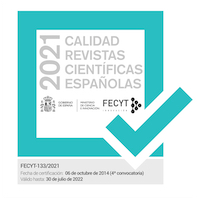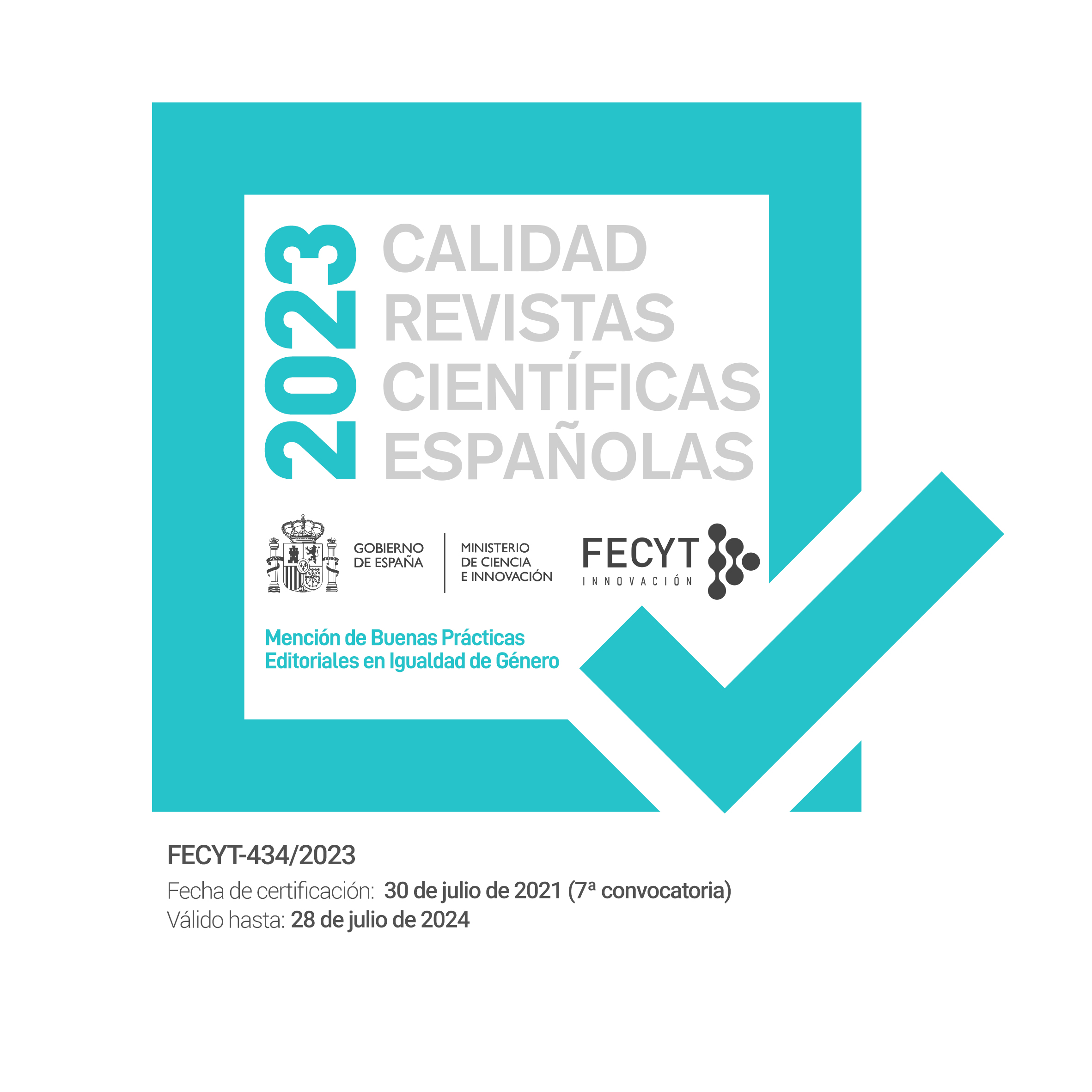La techne Aristotelica: for a philosophical research on the theme "The human roots of the Ecological Crisis" in the encyclical Laudato Si'
Keywords:
Laudato si, techne, Aristotele, Metafisica, scienze teoretiche, bene comuneAbstract
In the encyclical Laudato si’ the strong call to recognize "the human root of the ecological crisis", namely the cause of the "awry way of understanding human life and action", focuses on "the dominant technocratic paradigm". With this paper I intend to point out the undue transformation of technology into domination and one-dimensionality, proposing to go to the Greek roots, from whose language the words 'technology' and 'technocracy' come. The senses by which the word ‘techne’ was ordinarily used, are indeed articulated starting from the awareness of the community dimension of life, in which man can overcome his own weaknesses and lacks, developing the potentialities of each one for the common good and the plurality of the ways of actualization, on condition of acquiring knowledge by learning-teaching. In the proposal to recover the Greek notion of techne, highlighting its plural, collective and didactic character, I also qualify it as 'Aristotelian', to emphasize two provisions, given by the teachers of the first philosophical schools, Plato and then Aristotle: knowledge is said to be acquired by techne provided that from those who are able 1) to give explanations and 2) to indicate the ultimate goal, where the concepts of true, good and beautiful converge in the dimension of sophia.
Keywords: Laudato si’; techne; Aristotle; Metaphysics; theoretical sciences; common good.
References
Bergoglio, Jorge Mario. Discorso di apertura alla Congregazione provinciale (San Miguel, Buenos Aires, 8 febbraio 1978). Milano, 2015.
De Lubac, Henri. Meditazione sulla chiesa. Milano, 1979.
Enno, Rudolf. Polis e Cosmo in Platone. Edizione italiana a cura di Cattanei, Elisabetta. Milano, 1997.
Guardini, Romano. Das Ende der Neuzeit. Würzburg, 1965.
Hofmann, Bjørn. “Medicine as Techne. A Perspective from Antiquity.” The Journal of Medicine and Philosophy 28.4 (2003): 403-425.
Imamichi, Tomonobu. An Introduction to Eco-ethica. New York, 2009.
Imamichi, Tomonobu. "Elements pour une éco-éthique. De la cohésion technologique aux vertus de l’esthétique." L’éco-éthique de Tomonobu Imamichi, textes réunis et présentés par Chardel, Pierre Antoine, Reber, Bernard, and Kemp, Peter. Paris, 2010.
Larrère, Catherine. Les philosophies de l’environnement (Philosophies). Paris, 1997.
Lombardi, Giulia. “Le radici antiche dell’adagio tutto è connesso dell’enciclica Laudato si.” II Riunione scientifica “L’Ambiente come patrimonio collettivo dell’umanità”. Percorsi interdisciplinari tra scienza e fede. Società Tarquiniense d’Arte e Storia, Bollettino 2020 (Supplemento n. XLVI alle fonti di Storia Cornetana).
Lombardi, Giulia. "La relativité de la sophia humaine: une lecture comparée de Platon, Apologie de Socrate 20c – 23c et d’Aristote, Métaphysique A 1-2, 980 a 21-982 b 7." Lumen Veritatis 26 (2014): 9-31.
White, Lynn. “The Historical Roots of Our Ecologic Crisis.” Science, New Series 3767 (1967): 1203-1207.
Downloads
Published
How to Cite
Issue
Section
License
Copyright (c) 2021 Revista de Investigación de la Cátedra Internacional conjunta Inocencio III

This work is licensed under a Creative Commons Attribution-NonCommercial 4.0 International License.









